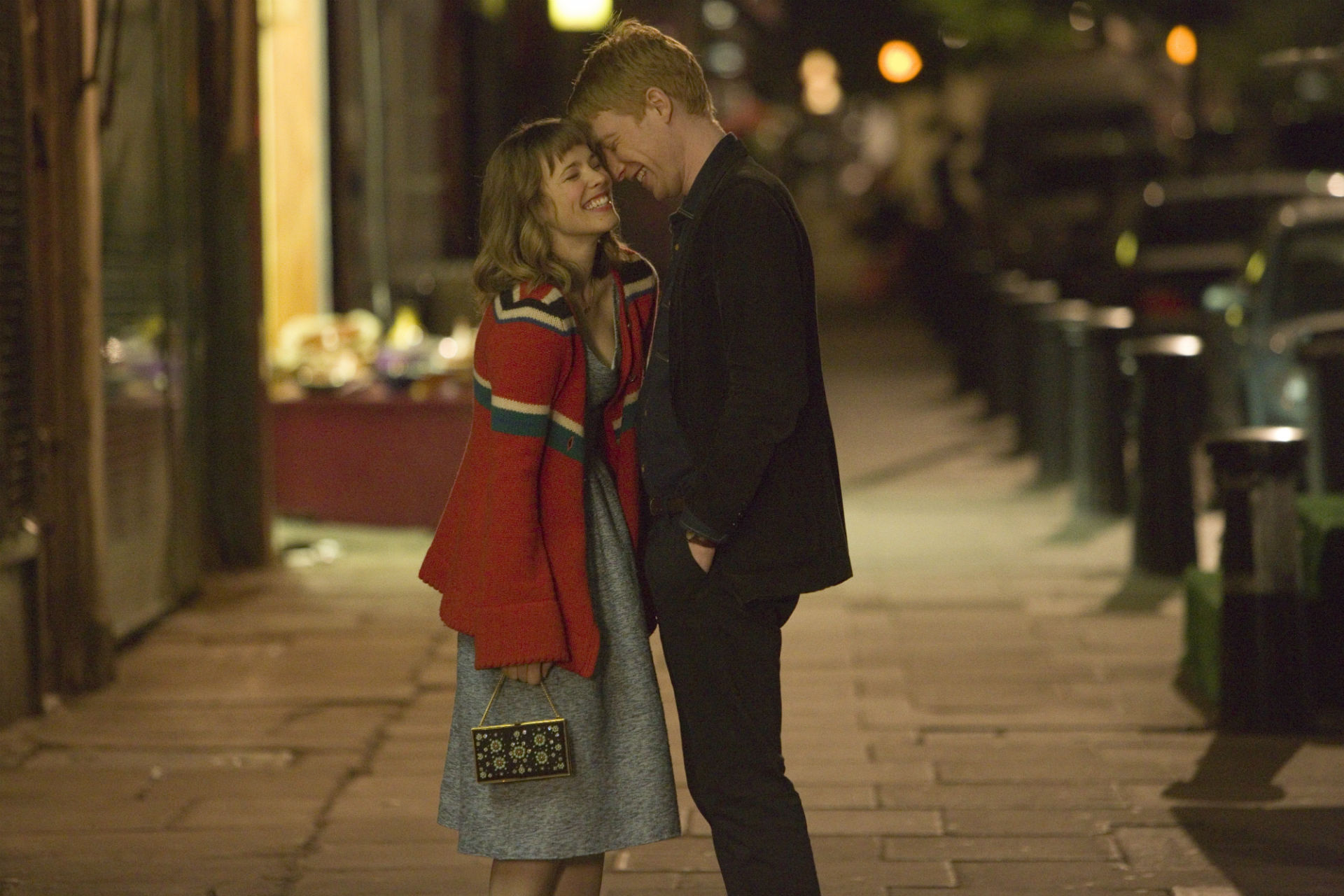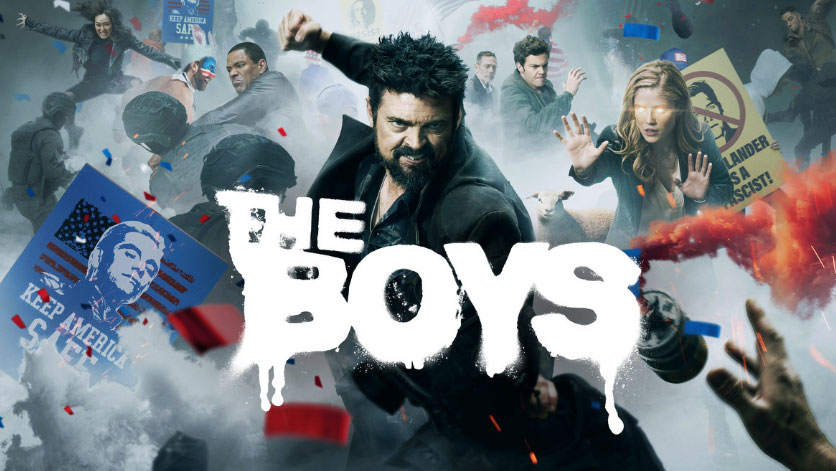
The movie starts from the summer when all the teenagers are full of heart and nothing to do. The 21-year-old Tim leaves home to London with regrets of his first love and curiosity about life. Before leaving, his father told him a family secret. All men have the ability to travel. The following story takes time as the axis. Love, marriage, and childbirth follow the process of life without any surprises. The rhythm and structure of the film are almost completely ignored, and only the protagonist tells the important scenes of life.
But for such a movie, who cares about the rhythm or the like? Like Woody Allen, all the old guides' speech stories and skills are so familiar that they can't be seen or ignored. In "About Time", I only saw director Richard Curtis uttering the truth of life as he pleased and talking about it for two hours, relying on a lifetime experience and experience. Like "True Love Is First" and "Pirate Radio", Richard Costy's movie lines are still the highlights, with a delicate and humorous style, even if the tears are suddenly released at the end, they also flow warm and humorous.
Speaking of it, movies that use "time travel" as the stem are not new. The special thing about "About Time" is that it does not deliberately emphasize going back to the past to change lives. The "butterfly effect" is even ignored by the director without any scruples. Tim uses all such important life skills for trivial things like chasing sisters, helping friends, and seeing parents—but, isn't this the most important thing in life?
When I was in college, I turned off the lights in the dormitory and talked. After watching "Butterfly Effect", almost everyone thought, "To go back to the past, I must buy the "two-color ball"." I don’t know when I started, and I suddenly realized what TIM’s father said when he explained his superpowers in the film. Wealth and success are uncontrollable. Looking back at life occasionally, just like in the movie, I want to correct every slight stupidity in life. The moments of love—unromantic love, imperfect sex, unprepared encounters, unimagined parting—if life starts again, I just want to pass through your life calmly and calmly.
To put it bluntly, "About Time" is actually just a proposition of "If you can go back to the past", telling the attitude towards life layer by layer. "What to modify, what not to modify" emphasizes which people and things are more important to us. Richard Curtis’s outlook on life is firmly instilled without a trace. He silently triggers TIM's comprehension, and it is better to “revise the past” than to “experience the present”: we always hope to return to a certain moment in our lives and do something to change our lives. It’s a major decision, but one day we will find that even if we do it again, we will still make the original choice.
Life is written. Everything is the best arrangement.
The whole movie has many details that make people smile and trigger feelings. For me, the most touching thing is that Tim tries to live each day twice, once to live nervously, and once to calmly and meticulously. Feel. It is those ordinary and beautiful things that make the written life plump and juicy. The first time I saw the movie here, I happened to think that I had read an article by my senior sister Iger during the day, saying that the Xinwang restaurant in Shenyang, which she used to work in the morning paper, had been closed-I went to countless meals there, but I forgot it. Take a look at the magnificent dome in the lobby of the Declaration Hall. Reading this sentence, there are also knots.
This is probably the case. For the rest of my life, I will forget how I staggered and came to the present day and night. I remember living in two or three corners, and the unforgettable thing is one or two bricks. "Life orientation must be high, life experience must be deep." Anyway, you can't live slower, it's better to live as much as possible.






